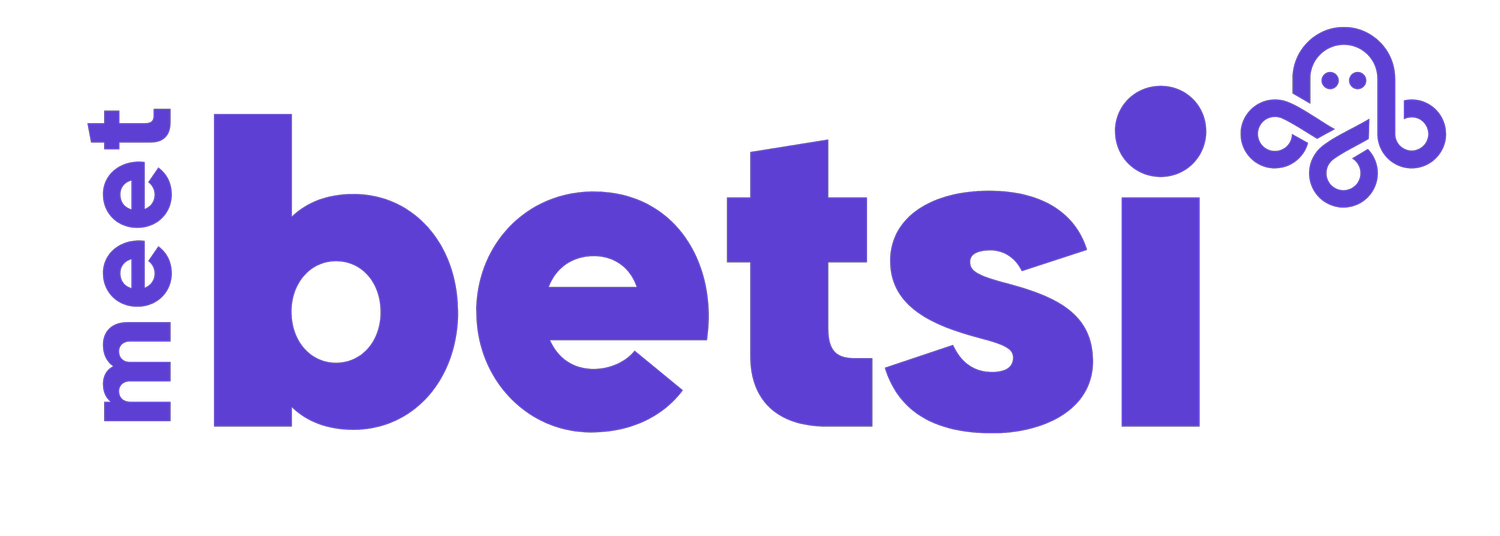How to Train Caregivers
And why it matters.
If you have a loved one with special needs, you understand the enormous responsibility of ensuring their daily care. From assisting with basic tasks to maintaining routines that keep them healthy, safe, and happy, caregiving is an essential yet demanding role.
But what happens when you’re unable to provide care yourself? Whether due to personal obligations, burnout, or simply the need for additional support, hiring a caregiver can help lighten the load. However, ensuring a seamless transition requires proper training.
Why Proper Caregiver Training is Important
A caregiver's ability to provide high-quality support depends on their training. While some agencies offer training programs, families often need to take the lead in educating caregivers on the specific needs of their loved ones.
Comprehensive training should cover:
Daily routines: Sleep schedules, mealtimes, dietary restrictions, and food preparation.
Medical care: Medication administration, use of medical equipment, and emergency protocols.
Behavioral considerations: Personalized care instructions such as sensitivities, triggers, and calming techniques.
Emotional and mental well-being: Recognizing signs of caregiver burnout and how to manage stress effectively.
Small details can make a world of difference. For example:
If not fed properly, food can aspirate in the lungs and cause life-threatening pneumonia
A patient might show subtle signs before a seizure occurs and proper response time can save their life
A caregiver should know how to anticipate burnout before it leads to devastating mistakes.
Unfortunately, many healthcare systems lack specialized training that addresses these nuances. This gap is what our platform aims to bridge.
The Risks of Inadequate Caregiver Training
Without proper training, caregivers may struggle to provide the best care, leading to serious consequences:
Mistakes happen – Miscommunication or misunderstanding can lead to errors in medication or care routines.
Increased risk of injury – Both caregivers and patients can suffer from preventable accidents.
Loss of trust – Families may feel uncertain or anxious about leaving their loved ones in the hands of an unprepared caregiver.
Caregiver burnout – Without support and guidance, even the most dedicated caregivers can experience physical and emotional exhaustion.
The reality is, traditional training programs are often too generic for a role that requires highly personalized care.
What Effective Caregiver Training Should Look Like
Real caregiver training should go beyond clinical instruction. It should feel:
Personalized – Based on insights from the family or primary caregiver who knows the person best.
Clear and structured – Providing step-by-step guidance tailored to the individual's needs.
Ongoing and supportive – Caregivers should have access to refresher courses and real-time assistance whenever needed.
Good training is more than just instruction—it builds trust and confidence. Because caregiving isn’t just a job. It’s about a person’s well-being.
How We’re Changing Caregiver Training
After facing repeated challenges with inadequate caregiver training, one family took matters into their own hands. Their daughter, Betsy, needed consistent and well-informed care—but every new caregiver struggled to get up to speed.
So they built a better solution: Meet Betsi.
Video training created by those who know the patient best—their family and doctors.
A user-friendly platform that allows families to create and share personalized care instructions.
Expert-reviewed content ensuring caregivers receive high-quality, accurate training.
A compassionate approach to caregiving, rooted in love and understanding.
Join our mission!
Caregiver training shouldn’t be confusing, impersonal, or inconsistent. It should feel like handing over the most important instructions in the world—to someone you trust to follow them.
That’s what Meet Betsi is building: a smarter, more compassionate way to train caregivers so that every patient receives the best care possible.
👉 Want to know when Meet Betsi launches?


